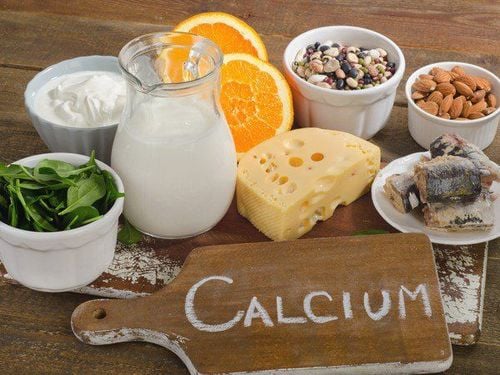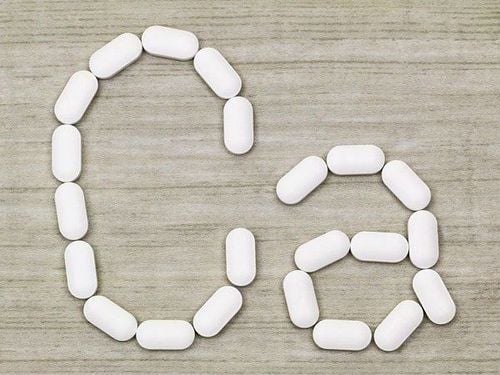This is an automatically translated article.
This article was professionally consulted by Specialist Doctor I Truong Nghia Binh - Obstetrician-Gynecologist - Department of Obstetrics and Gynecology - Vinmec Da Nang International General Hospital. Doctor has more than 13 years of experience in the field of Obstetrics and Gynecology.Postpartum calcium supplementation for pregnant women is very necessary, especially in cases of exclusive breastfeeding. Because at that time, the amount of calcium the baby absorbs is mainly through breast milk. If breast milk does not provide enough calcium, it will greatly affect the future development of the child as well as the mother's health. The following article will help postpartum mothers understand the importance of calcium supplementation after giving birth and how to properly supplement calcium - enough.
1. The essential role of calcium in the body
In the human body, calcium ions are concentrated up to 99% in bones and only 1% in blood and soft tissues. Calcium has a very important role in the development and maintenance of biological functions of the body:Calcium is the main structural component of the skeleton to help support the body, calcium deficiency, especially in young children, leads to weak bones, dwarfism, growth retardation, rickets, irregular teeth, ... women prone to osteoporosis in the premenopausal period Immune system: Calcium plays the role of a commanding officer of the immune response, development of the immune system. early detection of pathogens. Nervous system: Calcium ions play an important role in nerve conduction. Without calcium, nerve transmission activity is inhibited. Muscular system: Calcium ions play an important role in muscle contraction. Without calcium, the elasticity of the muscles is poor, the muscles are easily fatigued, the physical strength is weak, or there is increased neuromuscular excitability. Other effects: Calcium participates in the clotting process, minimizes blood seeping out of the vessels, has an adjunctive effect on hemorrhage and allergic diseases, Calcium makes cells increase their ability to stick to blood cells. Calcium also has a protective effect on the respiratory tract by increasing the movement of hair cells to help push dust and foreign objects out of the respiratory tract.
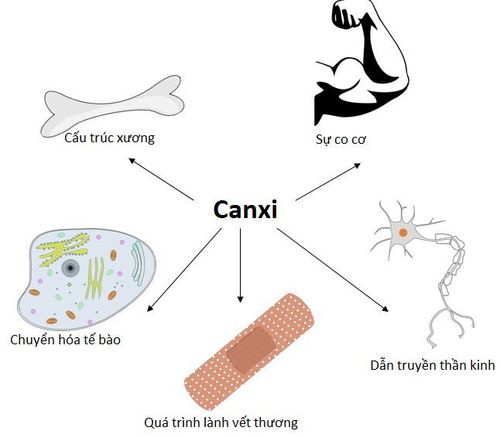
2. In the course of pregnancy, calcium is fully supplemented, is it necessary to continue to supplement calcium after giving birth?
Although women who have had enough calcium during pregnancy, they still need to continue taking calcium supplements after giving birth. Even the calcium content of women after giving birth is higher than during pregnancy.Because after birth, the calcium source for the baby is completely dependent on the mother's milk. A mother's lack of proper nutrition leads to a deficiency in the amount of calcium needed for the child, which will greatly hinder the child's development later on. On the other hand, mothers are also more likely to have osteoporosis.
3. Symptoms of calcium deficiency
A mother with calcium deficiency will have the following manifestations:Muscle aches or cramps, especially at night, can be an early sign of calcium deficiency Fragile nails Toothache Frequent flu and infections. Sleep disorders... Osteoporosis
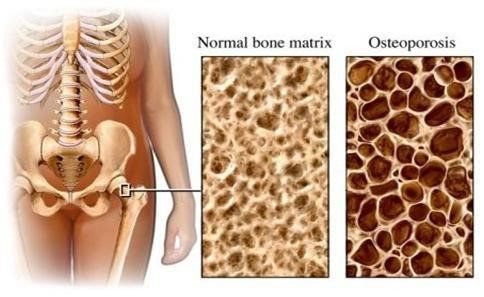
Anorexia, anorexia Children crying, startling easily, difficulty sleeping at night Sweating a lot or hiccups, spitting up milk Loss of hair in the shape of a bunion Slow perception and difficulty adapting to impulses around.. Breastfeeding mothers and children with the above symptoms may be deficient in calcium.
4. How is calcium supplement for pregnant women enough?
4.1 Postpartum calcium needs
According to the National Institute of Nutrition, the body's calcium (Ca) requirement is determined in correlation with Phosphor (P): the desired Ca/P ratio is at least >0.8 at any age, preferably 1- 1.5 (especially for children). Accordingly, the amount of calcium needed for pregnant women is 1200mg/day and lactating women is 1300mg/day.4.2 How to supplement with calcium after giving birth?
Calcium can be obtained from many sources in life. The simplest and safest way is to supplement calcium with daily foods. The following foods have the highest calcium content that postpartum women should add to their daily menuVegetable group: Choysum, amaranth, Kale, bok choy and amaranth are considered 2 vegetables with high levels of calcium. High calcium content, even higher than milk (on the same weight)
When eaten, boiled or cooked whole water will increase the absorption rate of calcium better.

The best way to increase calcium content is to cook with tofu.
Spice group: Sesame (sesame) A tablespoon of sesame about 25g can add up to 200mg of calcium for the body. Sesame seeds, when processed into soy sauce or roasted, have high digestibility.
Sesame can be considered as an additional spice in stir-fries, mixes or cakes.
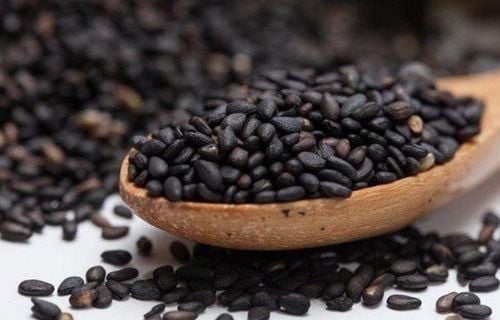
The way to cook to help absorb oats well is to cook with black sesame.
Bean group: Tofu Soybeans, after going through many processing stages, become tofu, making the calcium present in soybeans very easily absorbed.
Calcium in bean paste is about 7 times higher than in bean juice.
Group of nuts: Almonds Almonds contain the highest amount of calcium in nuts. Each 100g of seeds contains up to 815 mg of calcium, enough to meet the calcium requirement of an adult per day.
Beans group: Chickpeas Each 100g of chickpeas contains ~350mg of calcium, twice as high as soybeans. This dish can be processed into many popular dishes with Vietnamese people.
Beverage group: Milk Milk is a very familiar calcium supplement. 250g of milk can provide 275 mg of calcium. This is a very easy drink to drink and does not have to be processed.

A few notes when using calcium-rich drugs or supplements.
Should drink calcium in the morning, about 1 hour after meals. Should be divided into several times a day. Do not eat too salty because it can increase the excretion of calcium through the urine. Do not take calcium with milk and milk products because it can cause calcium deposition in the intestines. Calcium should not be taken together with iron as well as some other minerals such as zinc, copper, ... at the same time, but should be separated in the morning, afternoon, and evening. Limit the use of tobacco and alcohol because these two substances make it difficult for the body to absorb calcium. In addition to using food or medicine to provide calcium, postpartum women do not forget to add vitamin D. Because vitamin D helps increase calcium absorption in the intestine, where calcium is mainly received. Sunlight is an infinite source of energy to help synthesize vitamin D under the skin. Therefore, sun exposure at the right time is also an effective way to supplement calcium. The amount of vitamin D needed for pregnant and lactating women is 800 UI/day
If only calcium and vitamin D supplements are not good for health because calcium is absorbed a lot leading to stagnation in body tissues, stasis Accumulation in blood vessels leads to calcification, fibrosis of blood vessels, arteries, stones in some organs. Therefore, when supplementing with calcium and vitamin D, it is necessary to supplement with vitamins, minerals, and co-factors because the body needs a lot of substances to function in a supportive way, providing calcium in the best way, without fear of excess or deficiency. .
Postpartum calcium supplementation for postpartum women is very necessary to ensure the development of the child and the health of the mother. Foods rich in calcium are the best, safest and simplest way that every postpartum woman should include in her daily menu.
Please dial HOTLINE for more information or register for an appointment HERE. Download MyVinmec app to make appointments faster and to manage your bookings easily.





